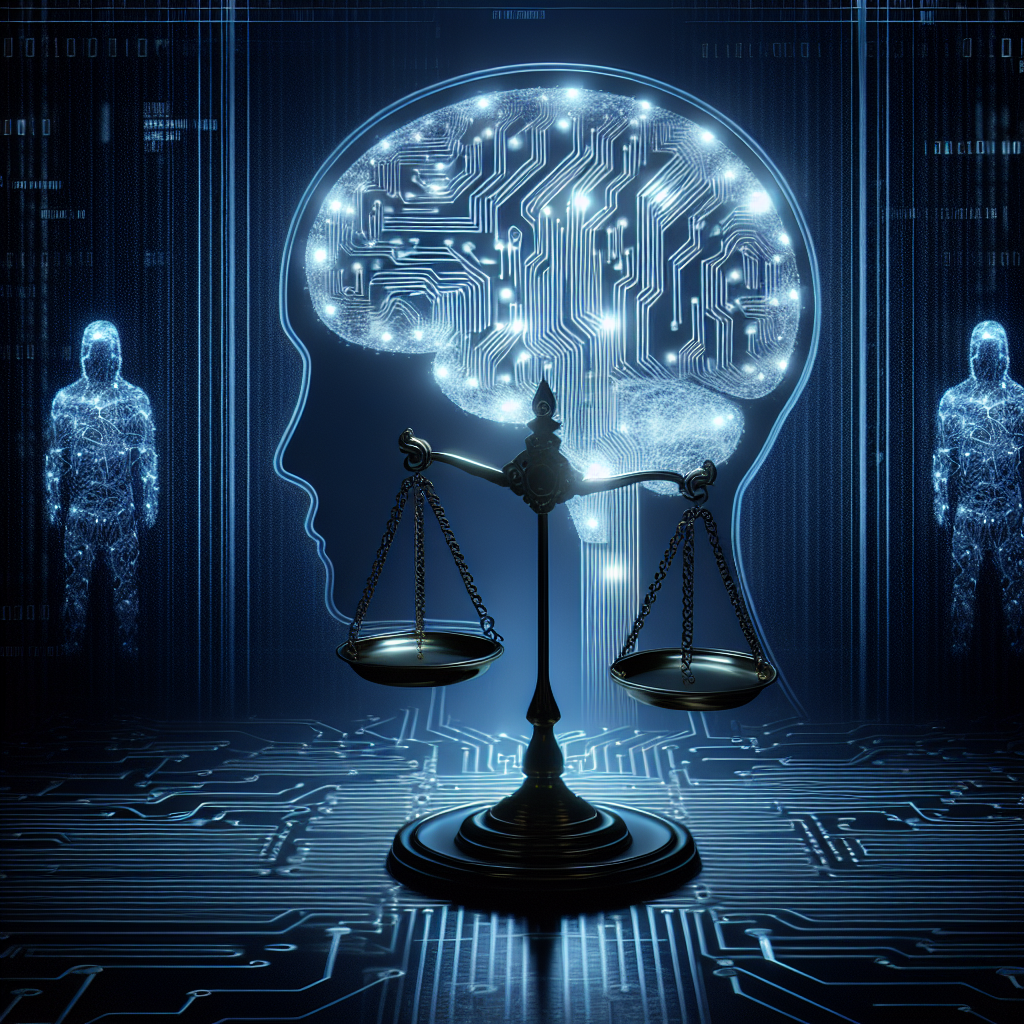Introduction
As artificial intelligence (AI) continues to advance and integrate into various aspects of society, the security of AI systems becomes increasingly paramount. Hacking AI systems presents not only technical challenges but also profound ethical implications that warrant careful examination.
Understanding AI Systems
AI systems are designed to perform tasks that typically require human intelligence, such as decision-making, problem-solving, and pattern recognition. These systems are built using complex algorithms and vast amounts of data, making them both powerful and vulnerable to potential breaches.
What Constitutes Hacking AI Systems
Hacking AI systems involves unauthorized access, manipulation, or disruption of these technologies. This can include stealing data, altering algorithms, introducing biases, or causing system failures. Such actions can have far-reaching consequences beyond mere data breaches.
Ethical Implications
Privacy Concerns
One of the foremost ethical issues is the invasion of privacy. Hacking AI systems can lead to the exposure of sensitive personal information, undermining individuals’ trust in technology. The misuse of data collected by AI can result in unauthorized surveillance and loss of confidentiality.
Security Risks
Compromising AI systems can create significant security vulnerabilities. These systems often control critical infrastructure, financial systems, and healthcare services. A hacked AI could malfunction, leading to disruptions that affect millions of people and potentially endanger lives.
Manipulation and Misinformation
AI systems are increasingly used to generate and disseminate information. Hacking these systems can result in the spread of fake news, deepfakes, and other forms of misinformation, which can manipulate public opinion and destabilize societal trust.
Economic Impact
The economic ramifications of hacking AI systems are substantial. Businesses rely on AI for operations, decision-making, and competitive advantage. A successful hack can lead to financial losses, damage to reputation, and loss of consumer trust, affecting the broader economy.
Accountability and Responsibility
Determining accountability in the event of an AI system being hacked raises complex ethical questions. It involves assessing who is responsible for safeguarding these systems and how to address the consequences of breaches. Establishing clear lines of responsibility is crucial for ethical governance.
Case Studies
Healthcare AI Breach
In a notable incident, a healthcare provider’s AI system was hacked, resulting in the theft of sensitive patient data. This breach not only compromised patient privacy but also disrupted medical services, highlighting the critical need for robust security measures in healthcare AI applications.
Financial Sector AI Manipulation
A major financial institution experienced a hack in its AI-driven trading algorithms. The manipulation led to significant financial losses and market instability, demonstrating the potential economic impact of compromised AI systems in the financial sector.
Preventive Measures
Strengthening Cybersecurity Protocols
Implementing advanced cybersecurity measures is essential to protect AI systems from potential attacks. This includes regular security audits, encryption of sensitive data, and the deployment of intrusion detection systems to identify and mitigate threats promptly.
Ethical AI Development
Developing AI systems with ethical considerations in mind can reduce vulnerabilities. This involves designing algorithms that are transparent, fair, and resilient to manipulation, as well as incorporating ethical guidelines into the development lifecycle.
Regulatory Frameworks
Establishing comprehensive regulatory frameworks can help govern the ethical use and protection of AI technologies. Regulations should address data privacy, security standards, and accountability measures to ensure responsible AI deployment.
Education and Awareness
Raising awareness about the ethical implications of hacking AI systems is crucial. Educating developers, businesses, and the general public can foster a culture of responsibility and vigilance, reducing the likelihood of unethical hacking attempts.
Conclusion
The ethical implications of hacking AI systems are multifaceted, encompassing privacy, security, economic stability, and societal trust. As AI becomes increasingly integral to our lives, it is imperative to address these ethical challenges through robust security measures, ethical AI development, regulatory oversight, and continuous education. Ensuring the ethical integrity of AI systems is essential for harnessing their benefits while mitigating potential harms.




